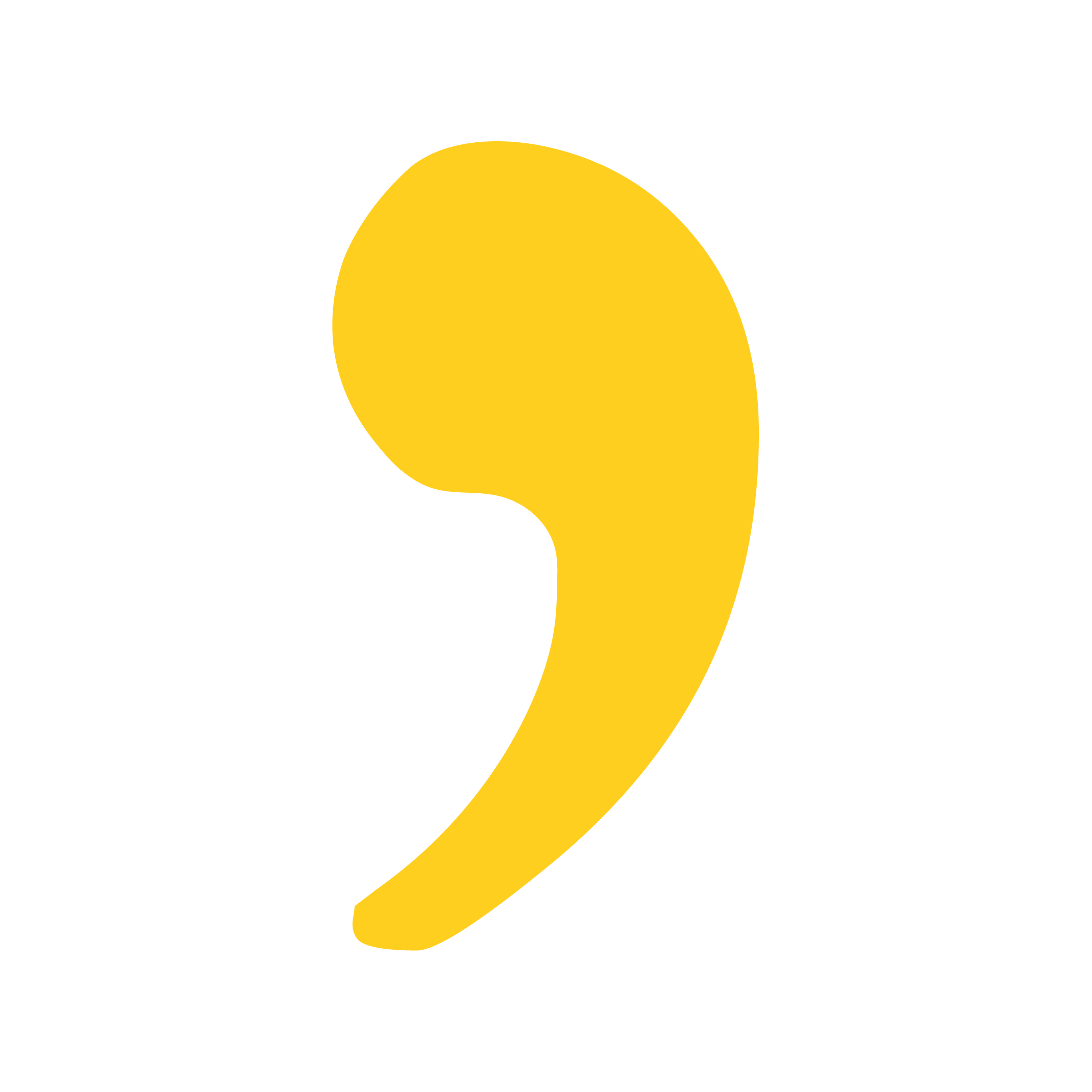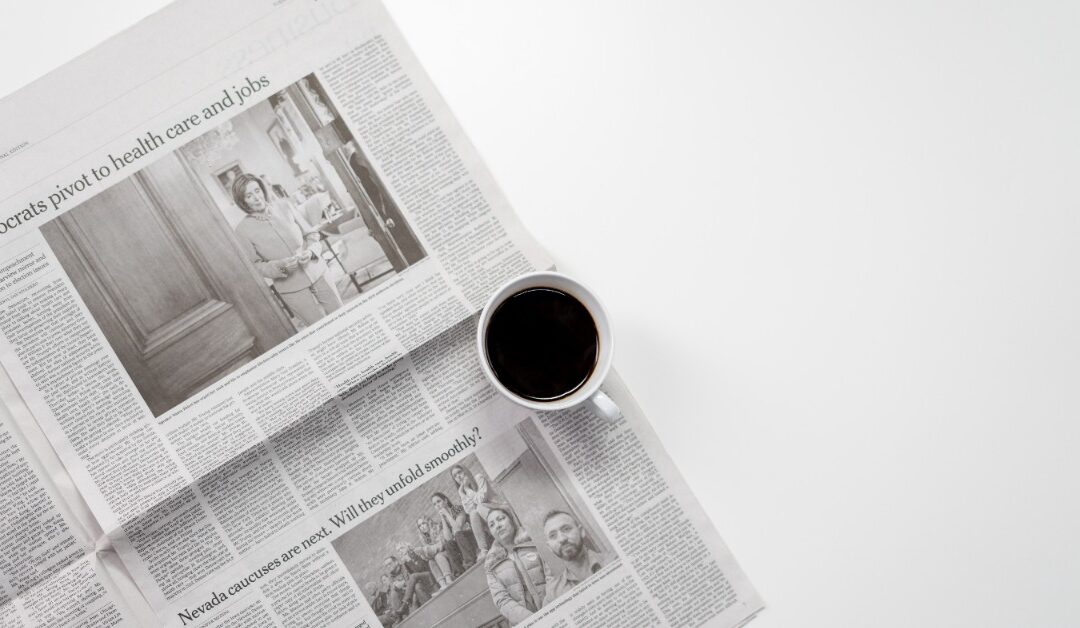There is a LOT of misinformation and disinformation out there. Take a gander at this article then make sure to come back: “Misinformation” vs. “Disinformation”: Get Informed On The Difference – Dictionary.com
Where’s the intent?
Misinformation is generally not meant to be malicious. Most times, it’s sloppy or gossipy in its application. In mental health, we see this often in the form of not understanding what therapy is or how it’s beneficial.
Disinformation, on the other hand, is often malicious and hurtful. Think of insurance agencies and the people behind the scenes trying to make money off of your pursuit of a healthy life. We usually see this in discussions about the use of psychiatric medications and their implications.
Both increase mental health stigma (though one is much more detrimental as it is intended to steer people in the wrong direction.) Ergo, check your sources. Always.
Simply Psych (and the mental health practices that it services) actively fight against mental health related misinformation and disinformation. How?
- By supporting clinicians who are directly connected to the people they treat.
Nothing shows someone’s heart as clearly as their actions. Helping our clinician clients be accessible, available, and transparent to the people they are treating is the ideal way of showing their heart and building trust. That trust (we call it rapport in industry lingo) will beat out misinformation/disinformation every time. - By highlighting edu-taining clinicians in the public sphere.
Perception is reality and, right now, there aren’t nearly enough active mental health clinicians on television, digital media, or print. Mental health topics can be complex, so having trained clinicians who can translate into the public square helps mental health feel more accessible and relatable. It’s why we launched Mental Health Office Hours. While we have big names that have done similarly (shoutout Brené Brown), there are accessible experts right in your neighborhood! - By reintegrating mental health into our modern lifestyle.
Our biological, psychological, and social aspects of existence influence the world around us. Vice versa, the world affects us through those three domains. Learning to recognize patterns of thoughts, feelings, and behaviors and integrate those within the communities we live only strengthens our society and improves our collective quality of living. Mindfulness integrated into everyday life will allow us to remain centered and grounded on what’s actually true.
Fighting misinformation and disinformation is now a full time job.
“A lie gets halfway around the world before the truth has a chance to get its pants on” is so true. (This quote, by the way, is often attributed to Winston Churchill, although there is no record of him ever actually saying it. Misinformation strikes again!)
Our brains are wired to pay attention to the sensational, not the mundane. Most mental health concerns are pretty mundane and addressable; you wouldn’t know that from reading the internet. Again, always check your sources, y’all.
Simply Psych’s staff, clinicians, and clients want the best for your mental health so we do our best to dispel rumors and shed light where we can. Discover more at www.simplypsych.com.
Find us wherever you are.


Recent Comments